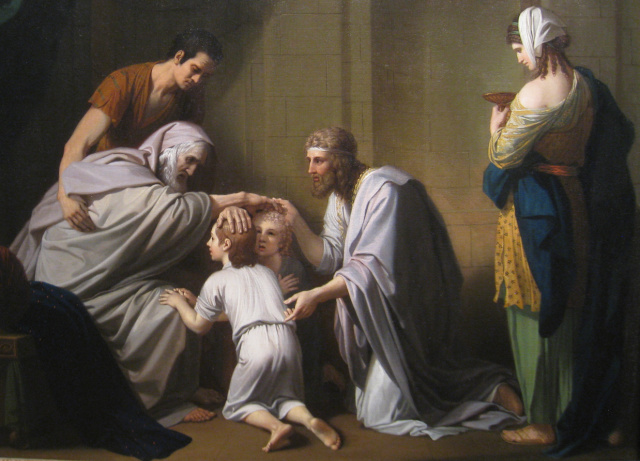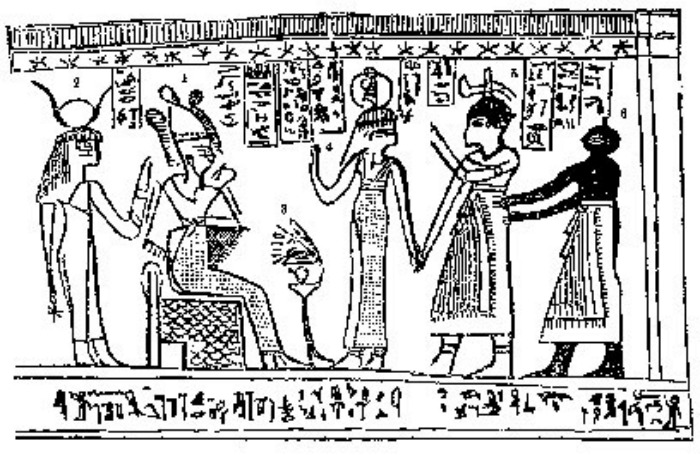Question
Gramps,
I was told I’m from the blessed Tribe of Ephraim. My question is why do I need to know that?
Daveda
Answer
Daveda,
This took a long time for me to research to find an answer that would have much meaning. The reason is that not much has been revealed to us as to what the lineage tells us.
- We can read about the various blessings and inheritances of each tribe in Genesis. But that isn’t really much to write home about. In practical terms, it seems that they are all very similar.
- We also know that it will primarily be the tribes of Ephraim, Manasseh, and Judah that will be involved in the gathering of Israel in preparation for the second coming. But if one is declared to be of a different lineage, he is still called to perform the same labors as the rest of us.
- A man from the tribe of Levi, if he is called to be bishop, is not required to call counselors. But I’ve known one bishop who was declared to be of the tribe of Levi. Yet, if you asked him, he would NEVER choose to be without his counselors in that role.
So, it seems there are some minor differences here and there. But in a practical sense, it doesn’t mean much — for now.
The following isn’t definitive, nor is it sourced very well. But it’s the best I have since, as I said, there really isn’t much that has been revealed. All I have are opinions and comments from several patriarchs.
As I understand it:
- We need to have our lineage declared because of the work during the millennium.
- During the millennium, our lineage will determine our specific labors during that era. Today, we all have pretty much the same labors.
- Many resurrected beings will also help us in that work.
- Those resurrected beings who did not receive a lineage in their lifetimes will be required to receive a lineage declaration by mortal patriarchs at that time. So, patriarchs will be pretty busy just declaring people’s lineages.
We need to remember that the lineage one receives is a “declared” lineage. It may be literal as well. But the important thing is the declaration. Some have the blood of one or more tribes in their veins. And, truthfully, with all the intermarrying over a couple thousand years means that pretty much everyone has some of the DNA of all 12 tribes within them. But the declaration is usually of one lineage only.
Examples:
- One patriarchal blessing declared that the recipient was a literal descendent of Joseph but was declared to be of Ephraim. This left the door open to being literally of Manasseh or one of Joseph’s daughters, but not through Ephraim specifically. Yet the declared lineage was that of Ephraim.
- Another blessing stated that the recipient was declared to be of Ephraim, yet had the blood of Manasseh in his veins.
- Another had family history which showed a relationship to Judah, but his blessing declared him to be of Ephraim.
- One family were mostly declared to be of the same lineage. But one daughter was declared to be of a different lineage.
It is a declared lineage because it is part of a calling which will be realized during the millennium.
I hope this helps. And I hope I’m right. ![]()
Gramps







